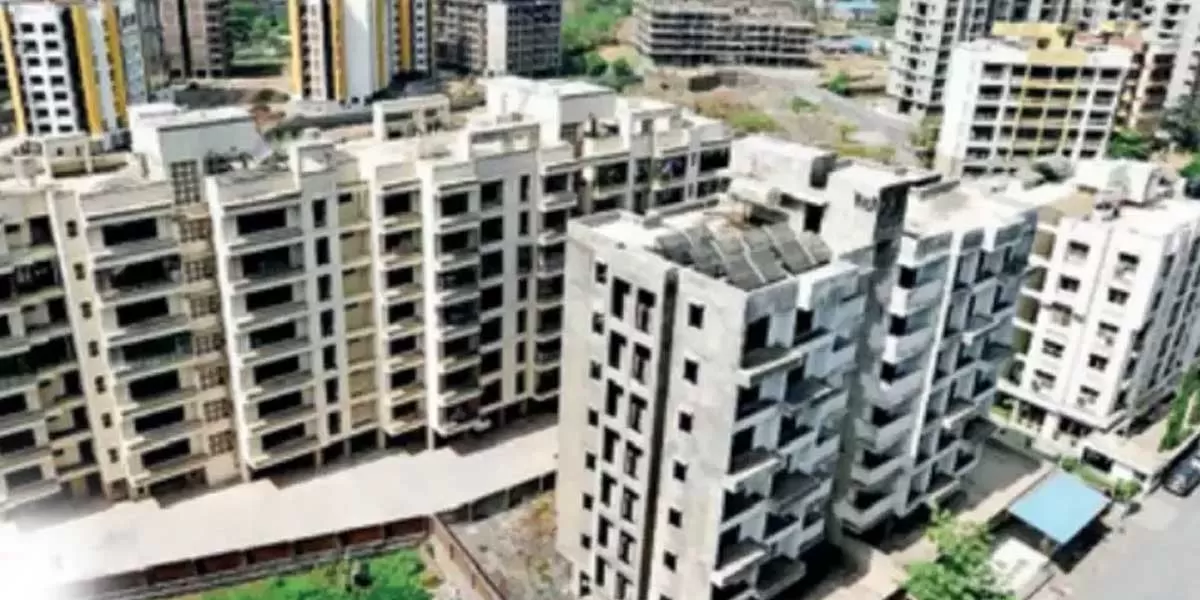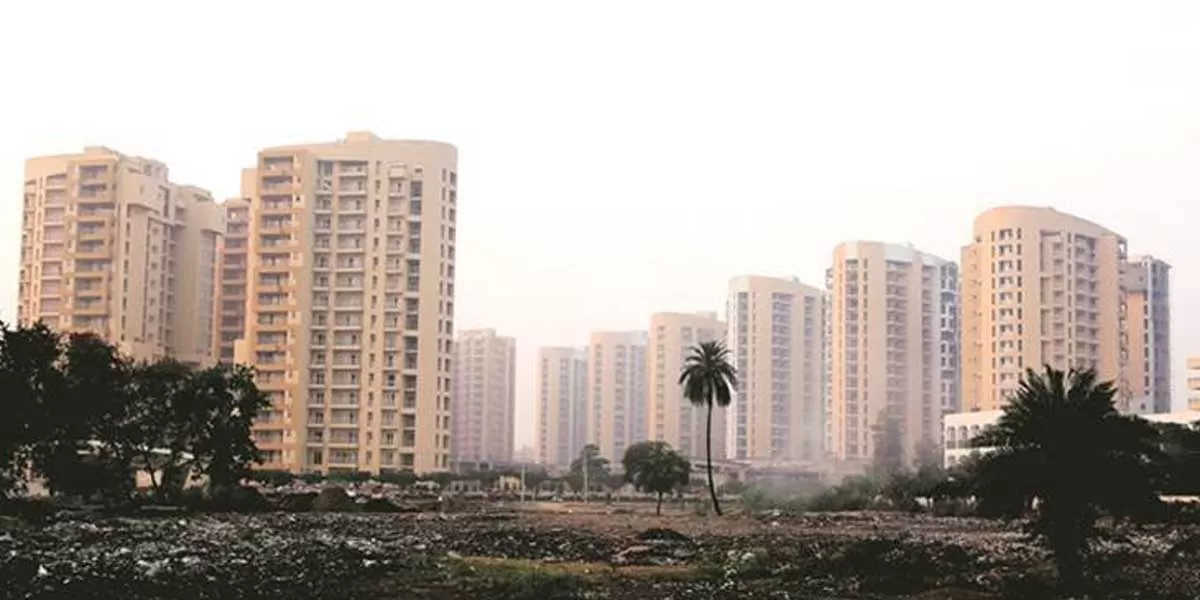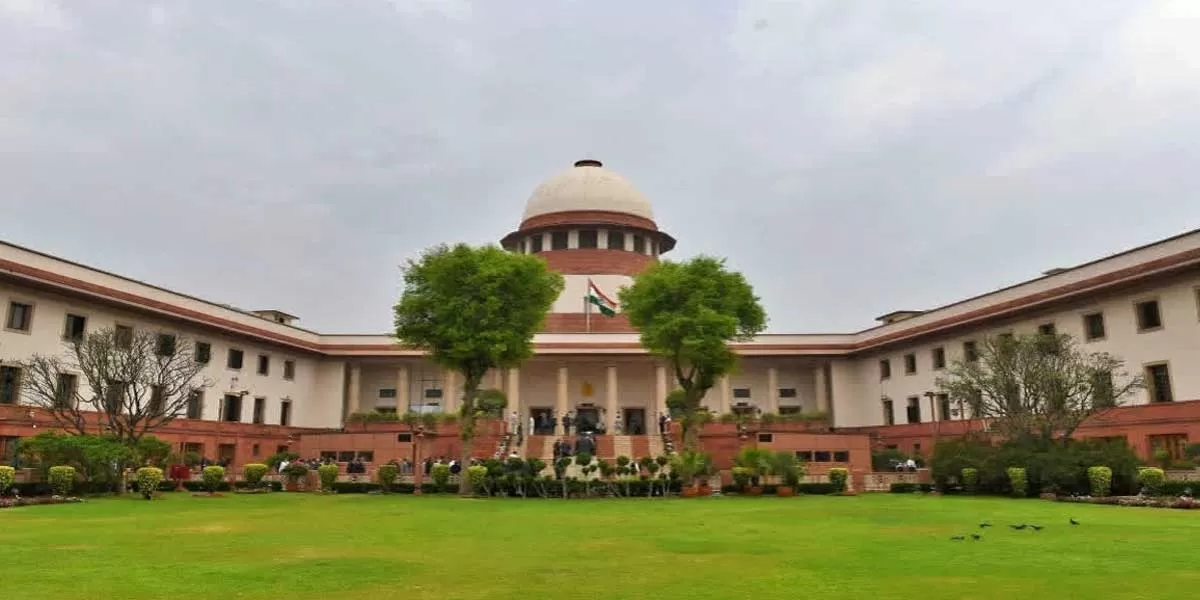
MSME Act: proposed changes to ensure expeditious payments
Redefine the future of urban mobility! Join us at the Metro Rail Conference 2025 to explore groundbreaking ideas and insights. 👉 Register today!

Gujarat Struggles to Curb Illegal Constructions in Ahmedabad
The Gujarat Regulation of Unauthorised Development Act, 2022, presents a contradiction. While it ostensibly seeks to curb unauthorised development, it simultaneously legalises such constructions upon payment of a fee. Despite being introduced initially in the early 2000s, then again in 2011, and most recently enacted in 2022, the legislation has failed to halt the rise of illegal constructions or unapproved extensions to residential and commercial properties. The Ahmedabad Municipal Corporation's (AMC) practice of demolishing certain structures while regularising others for a fee has weakened..

DTCP Issues Notices for Building Code Violations in Gurugram's DLF
Following a recent survey that identified illegal construction and unauthorized commercial activities at 4,183 properties in DLF Phases 1 to 5, the Department of Town and Country Planning (DTCP) informed the Punjab and Haryana High Court about the issuance of notices to property owners. DTCP indicated that 1,138 notices had already been served to homeowners in DLF Phase 3, with additional notices to be issued soon. Property owners have until January 31 to revert to the approved building designs and cease all illegal commercial operations. Failure to comply would result in demolition and seali..

Gujarat HC Removes GST on Industrial Leases to Encourage Investment
The recent ruling is set to streamline transactions and potentially encourage increased investments in India’s industrial and commercial leasing sectors. The judgment addressed whether transferring leasehold rights for Gujarat Industrial Development Corporation (GIDC) plots constitutes a ‘supply’ under the GST Act. The court determined that these transactions involve the transfer of immovable property rather than a service, thereby placing them outside the purview of GST. This decision offers significant relief to industries such as manufacturing, logistics, and warehousing, where long..















